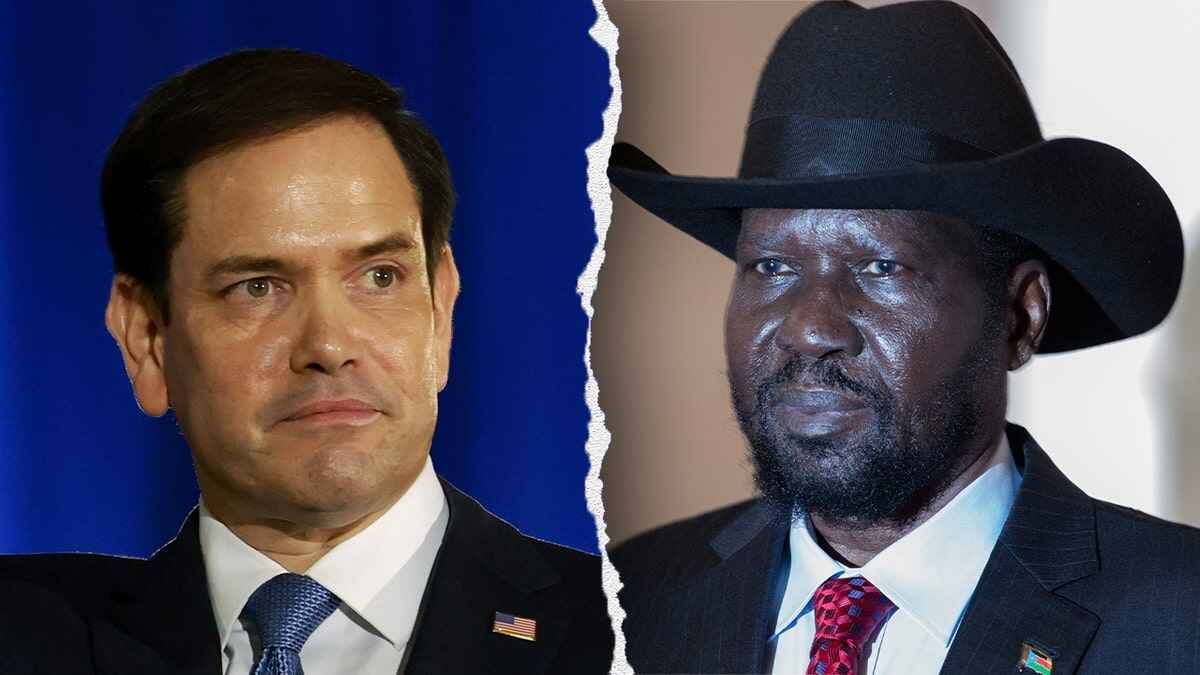The United States has officially revoked all visas held by South Sudanese passport holders and halted new visa issuances. Secretary of State Marco Rubio announced the decision on Saturday, citing South Sudan’s failure to cooperate in accepting deported nationals.
This unprecedented step marks the first time the Trump administration has targeted an entire nation’s passport holders since his return to the White House on January 20. The action reflects a broader clampdown on immigration, a centerpiece of President Trump’s political platform.
Rubio emphasized that the transitional government in Juba has consistently refused to take back its deported citizens. “Every country must accept the return of its citizens in a timely manner,” he stated, accusing South Sudan of “taking advantage of the United States.”
The U.S. government has warned that its stance may be reconsidered if South Sudan shows full cooperation in the future. For now, Washington remains firm, suspending entry and visa benefits for all South Sudanese nationals.
South Sudan, the world’s youngest and one of the poorest nations, continues to grapple with political instability. Internal tensions among leaders have raised fears of renewed conflict, with the civil war that lasted from 2013 to 2018 having already claimed 400,000 lives.
Amid rising violence, the State Department last month ordered the evacuation of all non-essential U.S. personnel from the capital, Juba. This directive underlined the deteriorating security situation and influenced the visa revocation decision.
South Sudanese nationals had previously been granted Temporary Protected Status (TPS) under the Biden administration, offering a shield against deportation. The current designation is set to expire on May 3, 2025.
As of September 2023, roughly 133 South Sudanese were protected under the TPS program, with 140 more eligible to apply. The Department of Homeland Security has not clarified how the new visa ban affects those individuals directly.
TPS is generally offered to citizens of countries experiencing war, natural disasters, or other extreme conditions. However, Trump’s current administration has moved to reverse several of these protections, including a controversial decision in January to strip TPS from over 600,000 Venezuelans.
A federal judge recently blocked the Venezuelan TPS revocation, citing concerns over the government’s justification that most Venezuelans in the U.S. were criminals. The court’s decision highlighted growing tensions between humanitarian protections and Trump’s strict immigration agenda.
Pew Research data from March 2024 revealed that over 1.2 million people are either receiving or eligible for TPS in the U.S., with Venezuelans making up the largest demographic group.
The action against South Sudan also aligns with recent concerns over increased African migration through the southern U.S. border. Authorities fear this trend could further strain border enforcement and complicate international relations.









